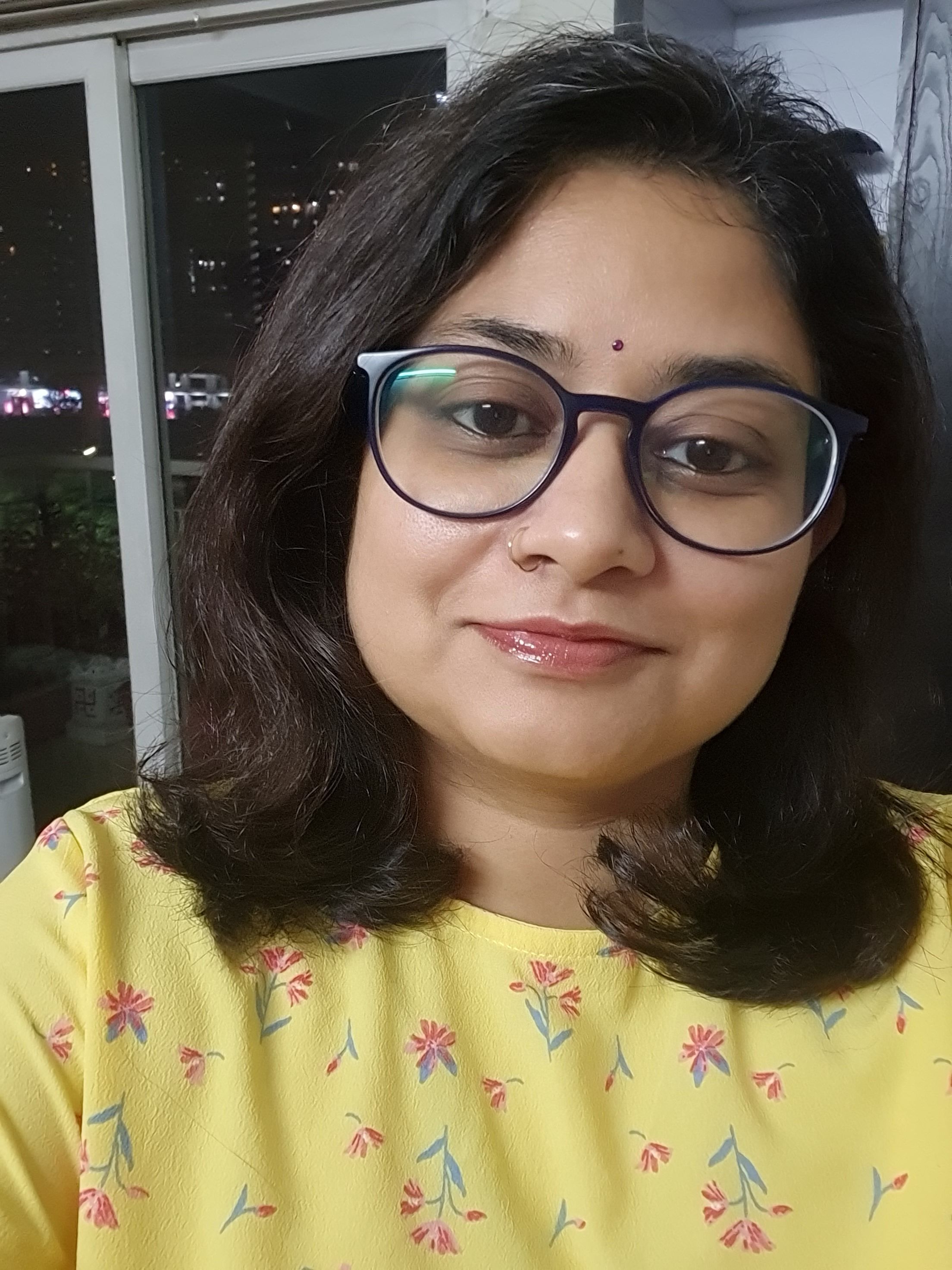591 reads
A Remote Developer's Tips For Drafting An Attractive Resume
by
May 17th, 2022
Audio Presented by

A skilled wordsmith with a penchant for tech and life-related content. She believes that to learn one must teach.
About Author
A skilled wordsmith with a penchant for tech and life-related content. She believes that to learn one must teach.
Comments
TOPICS
Related Stories
5 Basic Remote Contracting Tips for Tech Companies
@scalanlabs
Sep 03, 2021
